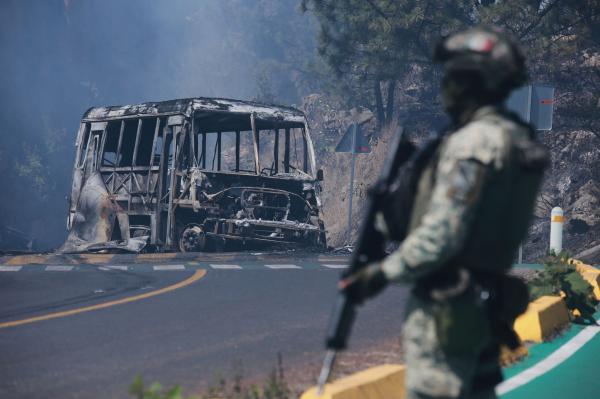
Tunisia’s parliament has unanimously approved a bill allowing the death penalty for those convicted of terrorism offences.
The development comes in the wake of Islamist uprisings that have killed dozens of foreign visitors in the past few months.
Most recent in Tunisia’s litany of terror attacks is that of the gunman who killed 38 tourists with majority of them being British in the Tunisian seaside city of Sousse. Two gunmen also killed 21 foreign tourists and a policeman at Tunis’s Bardo Museum in March. Both attacks were claimed by Islamic State
MPs approved the bill on Saturday by a margin of 174-0 with 10 abstentions after three days of debate in what parliament speaker Mohamed Ennaceur called an “extraordinary effort” to make the North African country a safer place.
Human Rights Watch had criticised the bill, which also makes the arrest of suspects easier, saying it “would open the way to prosecuting political dissent as terrorism, give judges overly broad powers and curtail lawyers’ ability to provide an effective defence”.
The bill will replace a law from 2003 which then-president Zine al-Abidine Ben Ali, toppled in a popular uprising in 2011, had used to crush dissent.
The new “law against terrorism and money laundering” permits the death penalty for terrorism-related offences such as killings of foreign visitors or of someone enjoying “international protection”, a reference to diplomats.
Tunisia has undergone a largely peaceful transition to democracy since its 2011 popular uprising despite the surge in Islamic militancy.






















